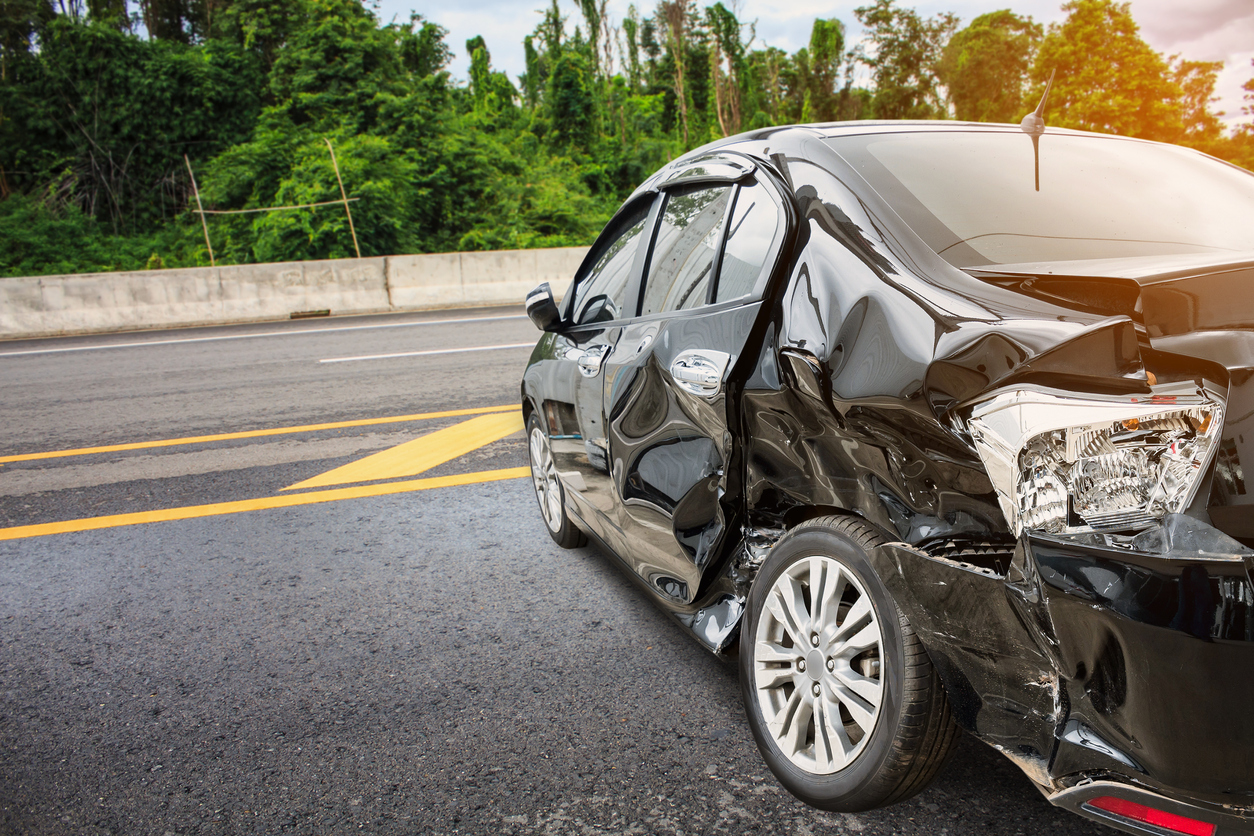(Transatlantic Today) —Is brake checking illegal in Georgia? Have you ever found yourself cruising down the highway with little traffic in sight, only to be slowed down by a vehicle stubbornly occupying the left lane? The frustration is real, and it’s natural to get a bit too close to them unintentionally.
But what happens when this annoyance escalates into something dangerous? This is where the perilous practice of brake checking comes into play. Let’s delve into what brake checking is, why it happens, and the legal implications surrounding it, especially in Georgia.
The Act of Brake Checking: Unveiling the Dangers
Brake checking, a term you might not be familiar with, involves suddenly slamming on the brakes to convey a message to the driver behind you. Unfortunately, this practice is not only annoying but also illegal and dangerous. Think about it, abrupt braking startles other drivers and drastically increases the likelihood of rear-end collisions due to the unexpected deceleration. Imagine the shock of having to hit the brakes forcefully just to avoid crashing into the vehicle in front of you.
Unmasking the Motives Behind Brake Checking
Why do some drivers engage in such risky behavior? There are a couple of reasons. Some may intentionally execute brake checking to orchestrate an accident and capitalize on insurance claims. However, the more common reason is to irritate a tailgating driver. By slamming the brakes unexpectedly, the lead driver hopes to coerce the tailgater into slowing down or changing lanes. While this might seem like a harmless way to teach someone a lesson about tailgating, it’s far from safe and can lead to dire consequences.
Is Brake Checking Illegal In Georgia?
In the state of Georgia, brake checking is unequivocally deemed illegal. This means that if you find yourself in an accident due to someone brake checking you, there’s a possibility of seeking compensation. However, this hinges on your ability to prove the other driver’s negligence.
In such cases, tangible evidence plays a crucial role. The rise of dashboard cameras, or dash cams, has significantly aided in recording such incidents and proving fault. Additionally, external surveillance footage, often obtained from nearby businesses, can serve as a solid piece of evidence in demonstrating the other party’s negligence.
Testimony from witnesses is another valuable asset in these situations. Whether it’s passengers in your car or bystanders who witnessed the incident, their accounts can give an accurate depiction of the events that unfolded.
Understanding Comparative Negligence and Brake Checking in Georgia
To comprehend the potential outcomes of brake-checking incidents, it’s important to grasp the concept of modified comparative negligence under Georgia law. This legal principle determines the amount of compensation an injured party can receive in a personal injury claim. The rule states that if the plaintiff is found to be 50% or more responsible for the damages or injuries, they are not entitled to any damages.
In cases involving brake checking, the dynamics can be complex. Since rear-end collisions often result from this behavior, both drivers may share a degree of fault. For instance, if you were tailgating too closely and couldn’t stop in time when the vehicle ahead braked suddenly, you might be held partially responsible for the collision and its consequences.
However, there’s a silver lining. If you can prove that you are less than 50 percent at fault for the incident, you still have a chance to receive compensation under Georgia’s modified comparative negligence laws.
Your Recourse after a Brake Checking Incident
If you find yourself in a situation where you rear-ended another vehicle due to brake checking, don’t jump to the conclusion that you’re automatically at fault. Depending on the situation, you might be entitled to compensation. In such scenarios, it’s advisable to consult legal experts who specialize in personal injury cases. The Bowen Painter Trial Lawyers team can provide a free consultation to understand your rights and options.
Final Words: Is Brake Checking Illegal In Georgia?
In conclusion, brake checking might seem like a clever way to retaliate against tailgaters or collect insurance money, but it’s a dangerous practice with legal repercussions. In Georgia, it’s both illegal and potentially compensable if it leads to an accident. Remember, proving negligence and understanding comparative negligence laws are key to navigating these situations and seeking the compensation you deserve. So, the next time you encounter a frustrating driver, exercise patience and caution – it could save you from a dangerous collision and legal troubles down the road.


























